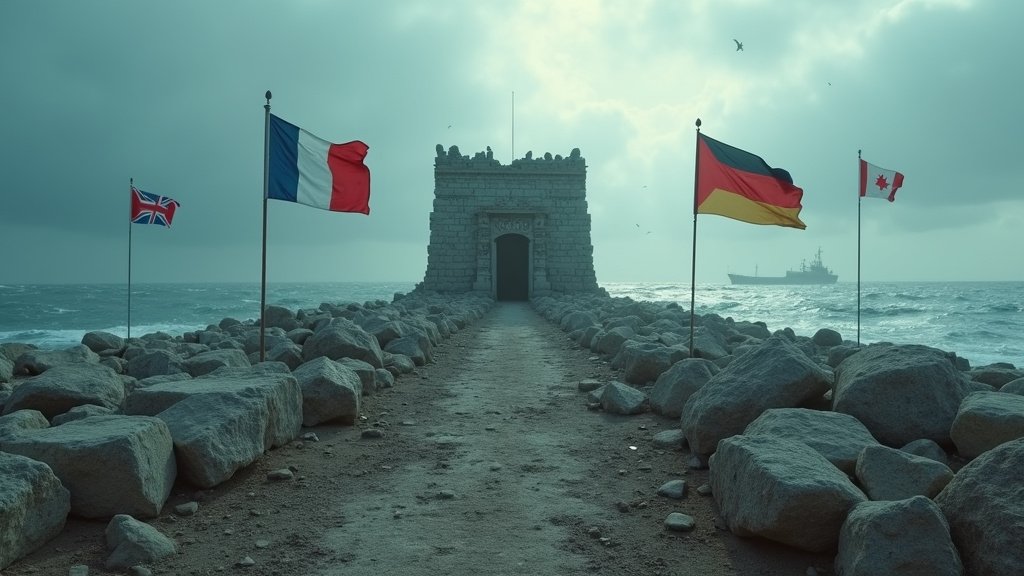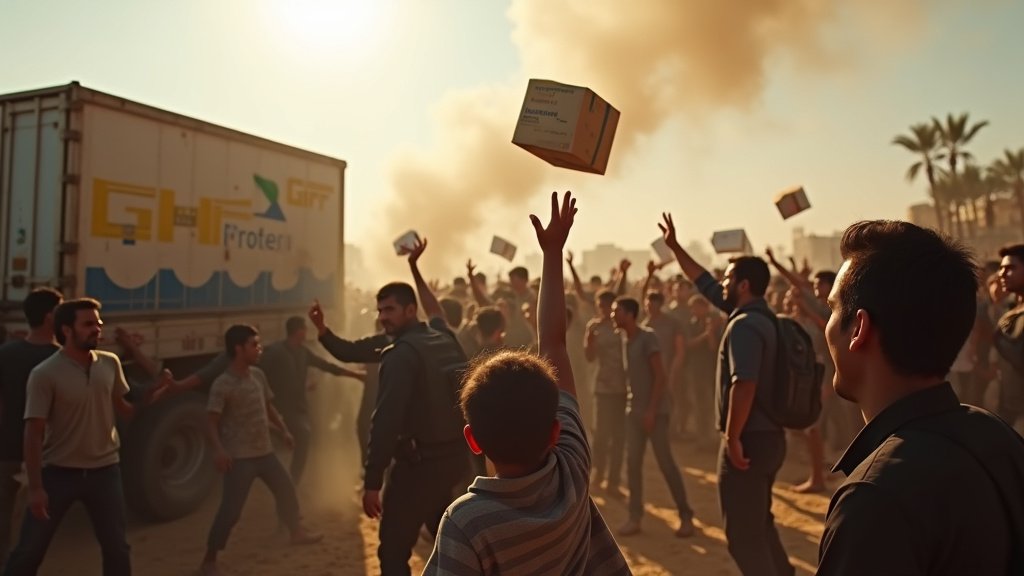Tensions between nuclear-armed neighbors India and Pakistan have dramatically escalated following a deadly terror attack in India’s Jammu and Kashmir region. The incident, which occurred on April 22, 2025, targeted Pahalgam, a popular tourist destination, and resulted in the deaths of 26 people, many of whom were tourists.
The attack triggered a swift and stringent response from New Delhi, leading to a series of measures aimed at Islamabad. Pakistan, in turn, has announced its own retaliatory actions, pushing the fragile relationship between the two nations to a critical point.
India’s Decisive Measures
In the immediate aftermath of the Pahalgam attack, the Indian government announced a series of significant steps. The Union Home Ministry, on April 26, 2025, implemented a sweeping revocation of 14 categories of visas previously available to Pakistani nationals. These included essential travel categories such as business, conference, visitor, and pilgrim visas, severely restricting cross-border movement for a wide array of purposes.
Simultaneously, India took a highly significant step regarding the bilateral Indus Water Treaty. The treaty, which governs the sharing of river waters between the two countries, was decided to be kept in abeyance. While the full implications of this move remain subject to interpretation, it signals a profound shift in India’s approach to long-standing agreements with Pakistan.
Adding to the restrictive measures, India also ordered the closure of the Attari border post, a key land crossing point that facilitates trade and movement between the two nations. This move further curtailed physical connectivity and commerce.
India’s Defence Minister, Rajnath Singh, issued a strong statement underscoring the government’s resolve. He asserted that India would undertake all necessary steps against those responsible for carrying out and planning the attack in Pahalgam, signaling a potential for further action.
Pakistan’s Counter-Retaliation
In response to India’s actions, Pakistan reportedly announced its own set of retaliatory measures. These included the suspension of the 1972 Simla Agreement, a foundational bilateral pact aimed at normalizing relations and fostering peace following the 1971 war.
Pakistan also reportedly opted to close its airspace for Indian carriers, disrupting flight paths and potentially impacting air travel and cargo. Furthermore, reports indicated that Islamabad had decided to suspend all trade with India, effectively halting commercial exchanges between the two countries.
Mirroring India’s visa action, Pakistan was also reported to have canceled visas for Indian nationals, imposing reciprocal restrictions on travel.
Investigation and Political Reaction
Within India, the attack prompted urgent political consultations. An all-party meeting was convened on April 24, 2025, just two days after the attack. The meeting brought together representatives from various political parties to discuss the ramifications of the attack and the government’s response, highlighting national unity in the face of the security challenge.
Authorities in Indian-administered Kashmir have been actively pursuing leads in the attack investigation. They have reportedly identified three suspects believed to be involved. Crucially, officials stated that two of these identified suspects are reportedly Pakistani nationals, directly linking the perpetrators to Pakistan according to Indian investigative findings.
Deepening Crisis
The sequence of events – from the terror attack and India’s multifaceted response targeting visas, a key water treaty, and border access, to Pakistan’s swift counter-measures affecting fundamental agreements, airspace, and trade – marks a significant downturn in India-Pakistan relations. The crisis underscores the volatile security situation in the region and the potential for isolated incidents to trigger a broader escalation, impacting diplomatic, economic, and strategic ties between the two South Asian powers. The identification of alleged Pakistani nationals among the suspects by Indian authorities further complicates efforts to de-escalate the situation.










